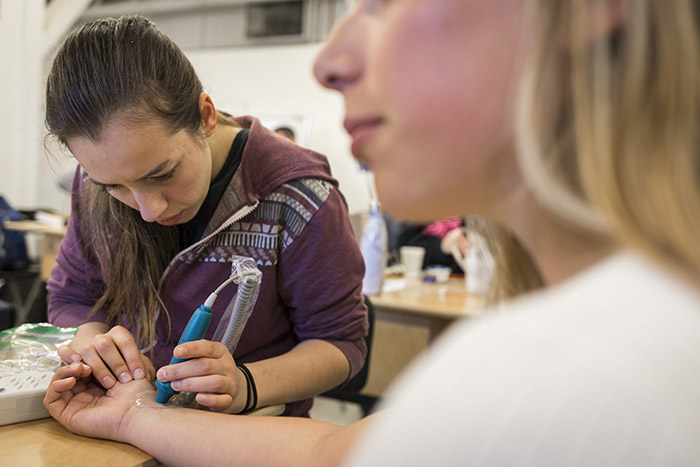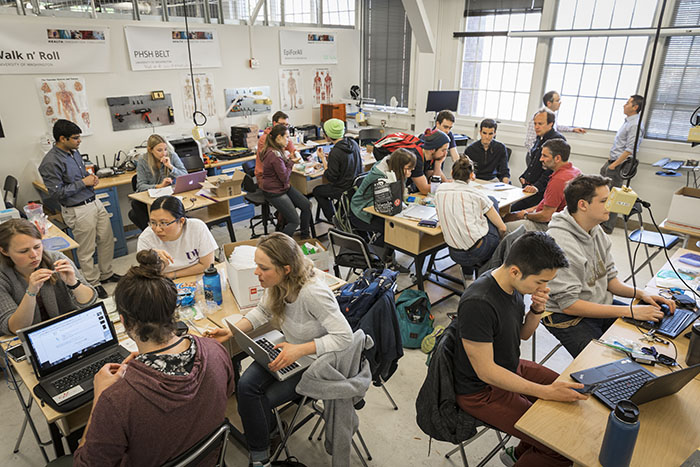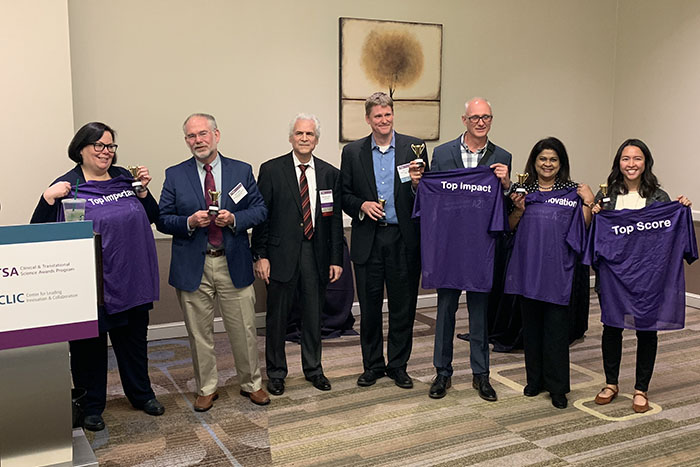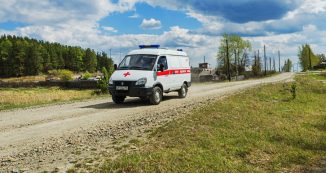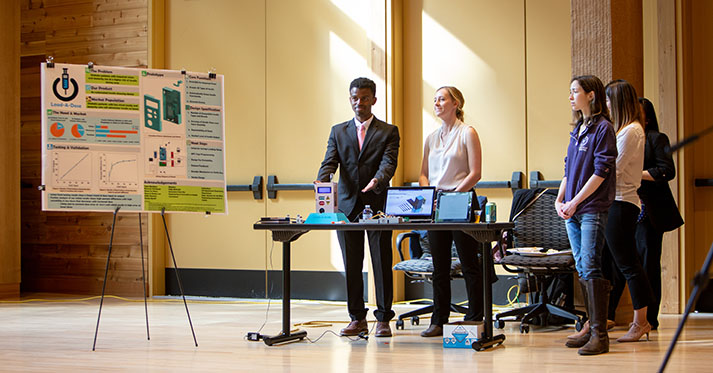
10 Oct UW Engineering Innovation in Health program recognized nationally as winner of the Great Team Science contest
The Clinical and Translational Science Award (CTSA) network posed a challenge to their 50+ hubs across the country: how is your institution advancing Team Science?
What is team science?
Medical research has become increasingly collaborative as new ideas and breakthroughs involve experts from across many disciplines. “The global challenges society faces today are complicated and require collaboration among people with different expertise,” says Jonathan Posner, PhD, faculty co-lead of the Team Science core at ITHS, and co-founder of the UW Engineering Innovation in Health program. Dr. Posner sees the University environment as the ideal place to be solving society’s biggest problems.
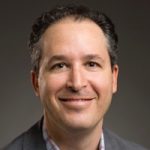
Jonathan Posner, PhD
What does doing team science look like at the University of Washington?
Engineering Innovation in Health (EIH) solicits challenges directly from clinicians across a broad range of medical disciplines. Undergraduate and graduate engineering students partner with health care professionals, as well as experts in law, business, and regulation to look at the unmet health needs holistically and develop technical solutions.
“Working with interdisciplinary teams is a natural product of working on challenging problems” continued Dr. Posner, and in translational science, there has been a national effort to advance this process through improved team strategy, training, and problem-solving techniques.
“Throughout the program, we have learned that groups who function and communicate well yield the best final product, are more satisfied with their work, and more likely to stay together to continue their research” commented Dr. Posner. By partnering with ITHS and the CTSA Team Science initiative, Dr. Posner hopes to increase the number of teams who perform at this level.
Images courtesy of the Engineering in Health program.
ITHS Team Science faculty (Brenda Zierler, PhD, RN, FAAN, and Erin Blakeney, PhD, RN) provide tailored team science training to the student-clinician teams with the express goals of improving team dynamics, communication, and program participant satisfaction. They also hope to yield a higher number of patent submissions, more data for research papers and proposals, and increased formation rate of medtech startups.
The competition
The Great CTSA Team Science Contest was established to better understand the various ways in which Team Science exists at research institutes across the nation. Over 170 initiatives were submitted to the contest and judged based on importance, innovation, and impact.

The highest score was awarded to Dr. Posner for his work in establishing and running the Engineering Innovation in Health program. Congratulations to all for this national recognition!




